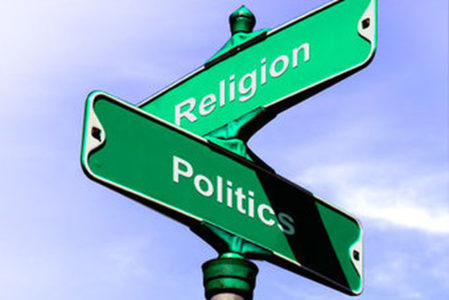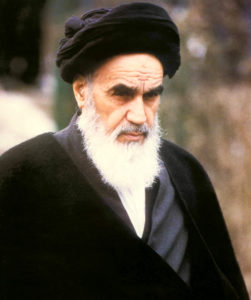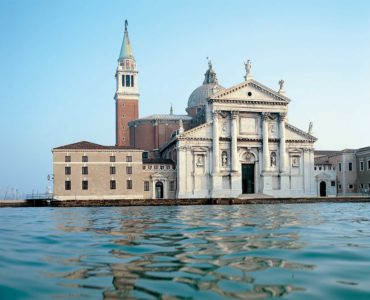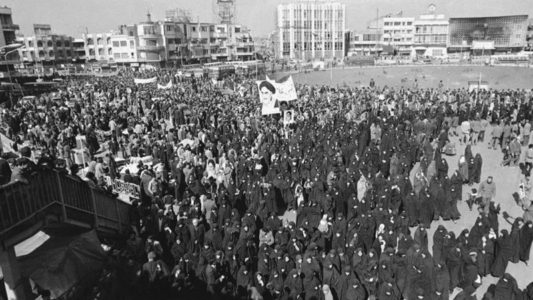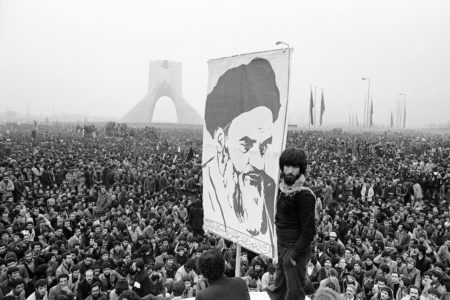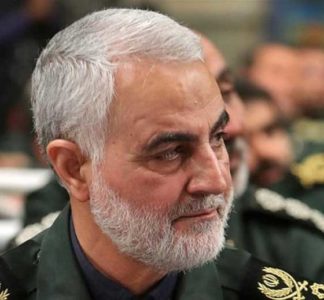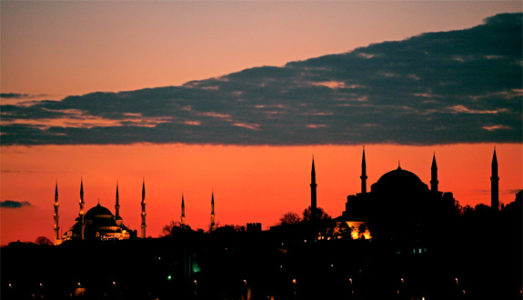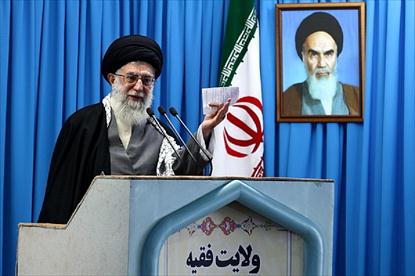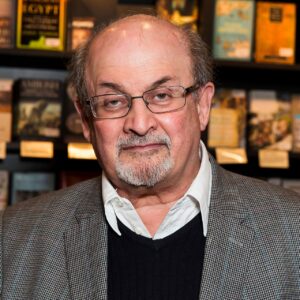
Condemning the attack on Rushdie
I strongly condemn today’s bloody attack on Salman Rushdie, the author of Satanic Verses in New York. Based on Islamic and Quranic teachings, this illegitimate attempt is condemned. The way to deal with false thoughts is scientific criticism, not physical elimination. “The bloody fatwas against Kasravi, Taha, Fawda and Taqī, as well as the legal rulings to kill Rushdie and Abū Zayd, must be publicly condemned to prevent their recurrence, for they only weakened and harmed Islam. Issuing such fatwas is a sign of the inability to provide a rebuttal.”


